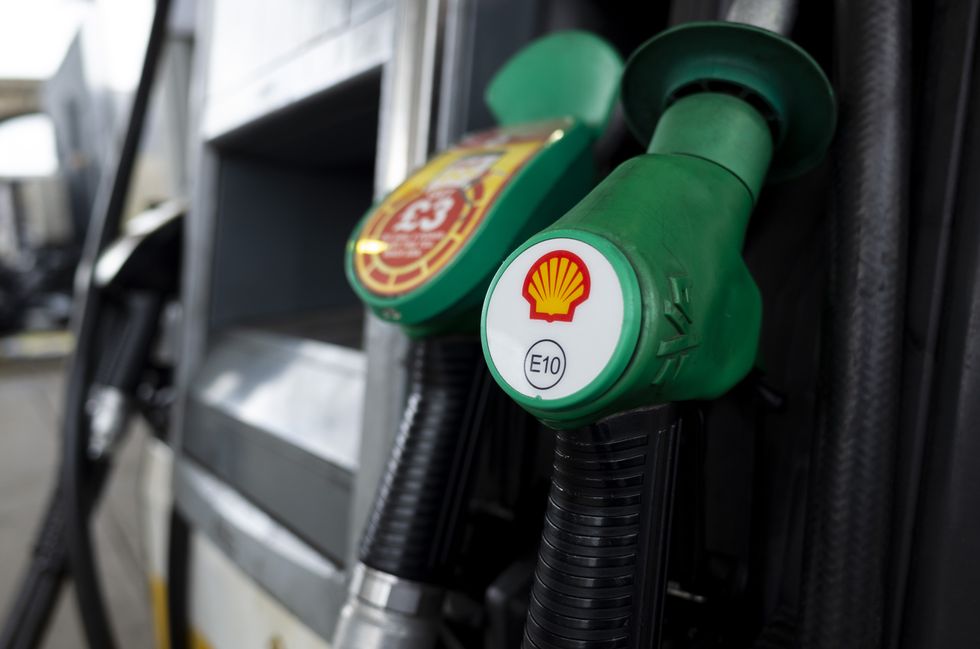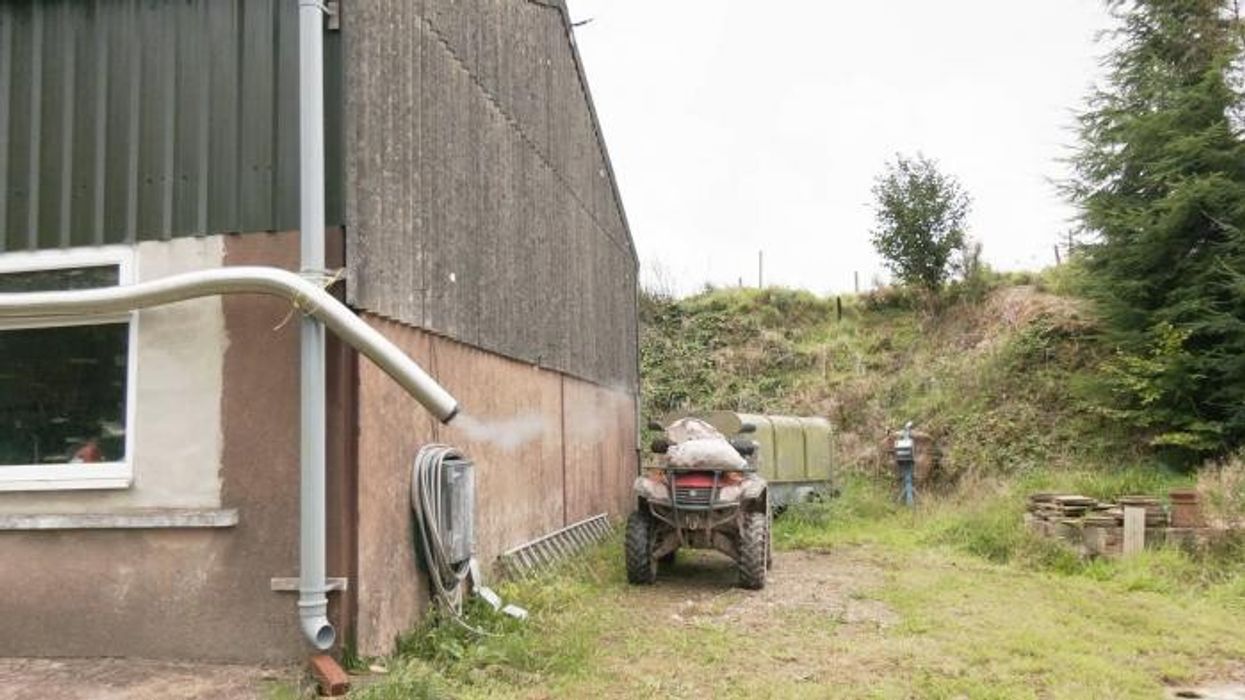Major new fuels are urgently needed to protect Britain’s petrol and diesel drivers – analysis by Felix Reeves

The Government seems to be sitting on its hands when it comes to helping the nation's petrol and diesel drivers, but will anything change?
Don't Miss
Most Read
Latest
The Government needs to decarbonise transport quickly, but progress so far has been slow. Electric cars aren’t taking off as had been predicted and little is being done to help the nation’s millions of petrol and diesel drivers.
New fuels have been touted, and praised, although widespread adoption seems to be a long way off with a lack of political will hampering momentum.
From next year, all races at the Revival event will use fuel that has a minimum of 70 per cent sustainable components and, crucially, will not require anyone to make changes to their engine.

E10 petrol has been on forecourts since September 2021
|GETTY
Racing legends like Jenson Button and Sebastian Vettel have already used and praised the fuel, with Hollywood icon Rowan Atkinson going as far as to describe it as being “superior to petrol in every way”.
It would be difficult to get a more glowing review of these fuels. So where is the political ambition to help petrol and diesel drivers stay in their beloved cars?
If drivers don’t need to mess around with their engines to use these sustainable fuels, surely, they should be promoted. Or not?
The UK already uses sustainable fuels and has been for the past few years. While E10 fuel is still 90 per cent petrol, it’s a solid start to have the greener fuel at every forecourt across the UK.
This involved blending petrol with up to 10 per cent renewable ethanol which is made of materials like grains, sugars and wood.
Many questioned the move to E10 at the time over concerns it would have a detrimental impact on fuel economy, but the Government quelled fears, saying it would have a marginal effect.
The question then changes. How far can we go? E20? E50?
A report published in 2020 found that E20 could reduce greenhouse gases by around eight per cent of total emissions if all 28 countries (including the UK at the time) were to adopt the blended fuel.
So why stop there? E85 – which involves blending 15 per cent petrol and 85 per cent ethanol – is seen across the world. It’s popular in Australia, Brazil, France, Sweden and the United States, although not every petrol vehicle will be compatible.
Even the King drives a car that runs on alternative fuel. His Majesty’s classic 1969 Aston Martin DB6 runs on a sustainable mix of wine and cheese.
While some may think this would be a fun novelty, the wine is not suitable for human consumption and whey is a by-product of cheese manufacturing.
King Charles, who is known to be a keen environmentalist, admitted that he has reservations about the switch to electric vehicles, suggesting more should be done to look into hydrogen fuel cells.
Major work is being done to support the uptake of vehicles that are better for the environment which don’t rely solely on electric power, like hydrogen, e-fuels and ammonia.
But the Government seems hesitant to make any changes. Stephen Hammond MP and Siobhan Baillie MP have both spoken at PMQs about changes to electric cars and hydrogen vehicles respectively. Yet very few changes have been made.
LATEST DEVELOPMENTS:

King Charles with his Aston Martin which is powered by wine and cheese
|PA
The Government proudly proclaimed to be on the side of drivers and vowed to get rid of any anti-motorist policies, so will they act?








